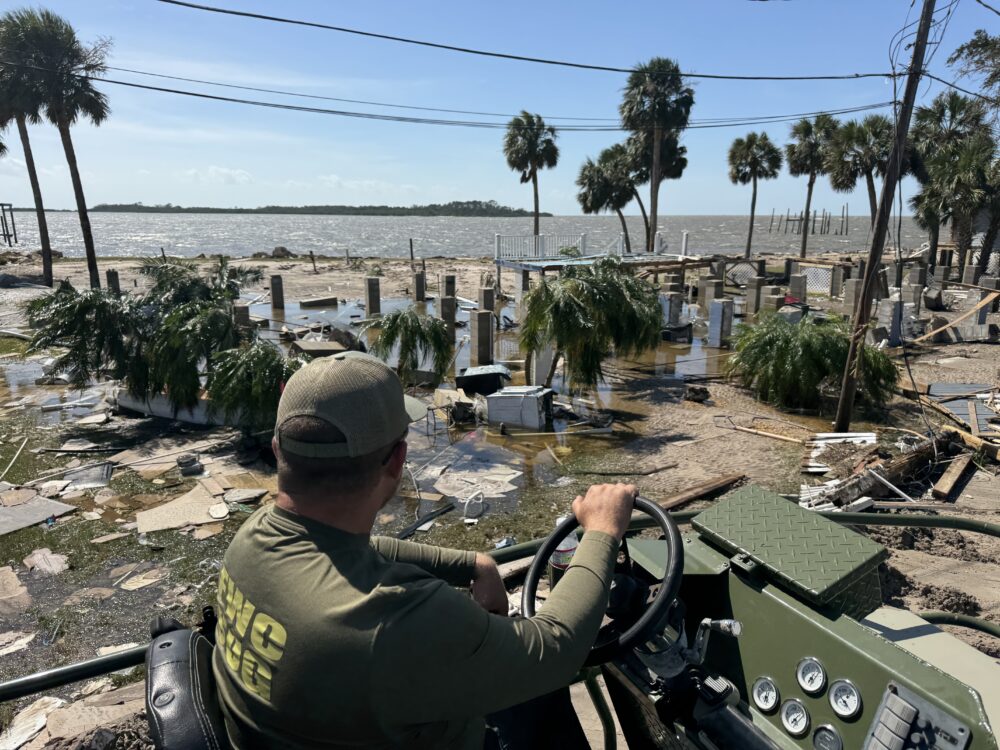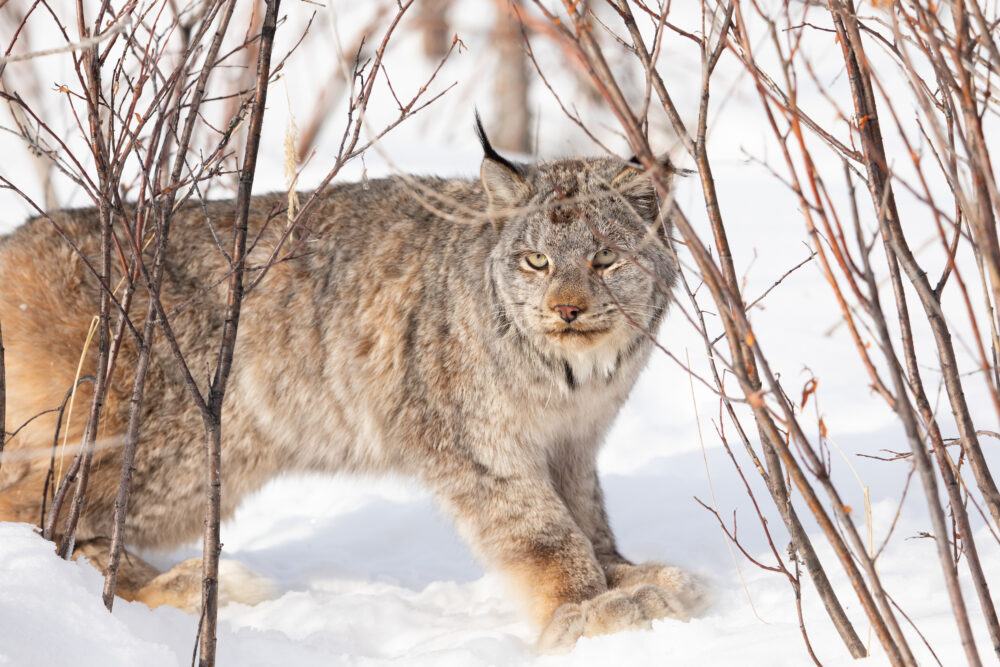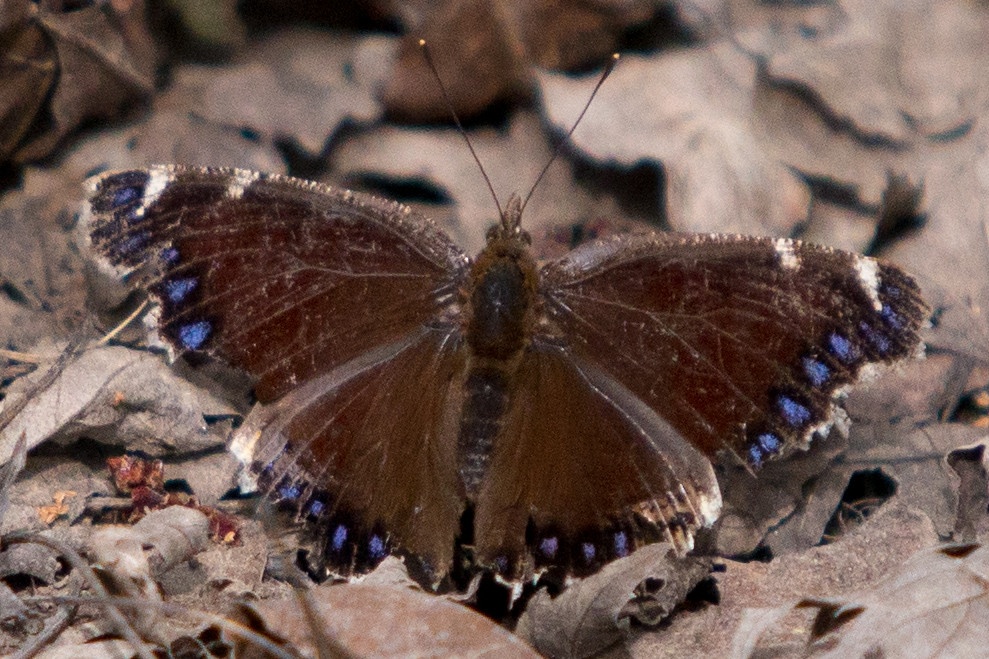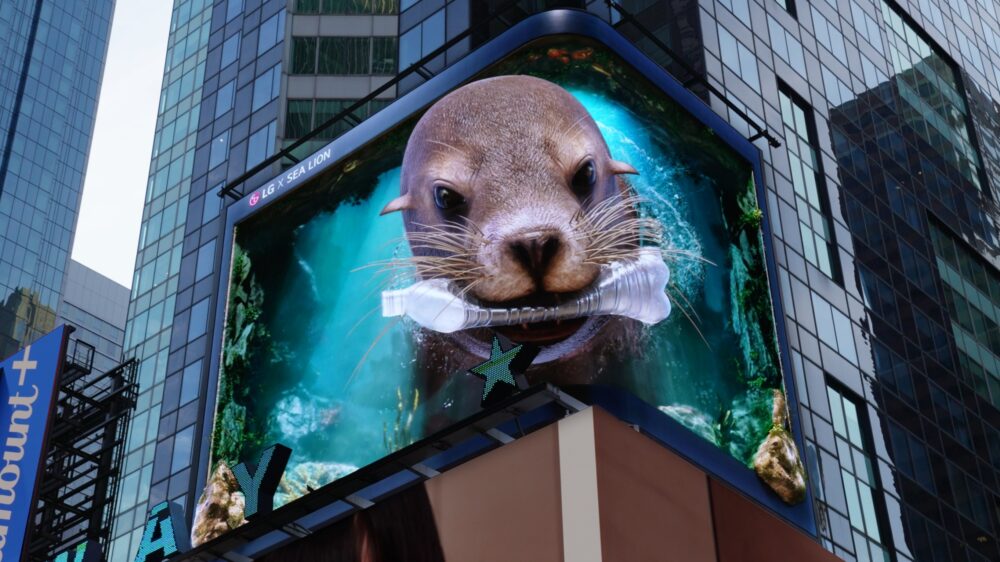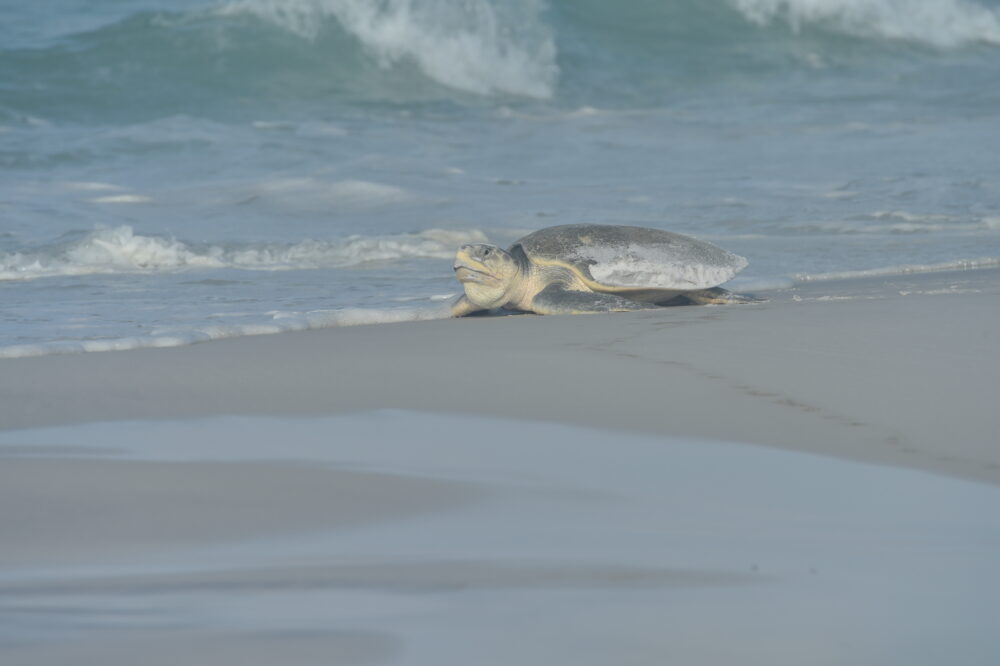We have much more to do and your continued support is needed now more than ever.
Fishing from Dog Sleds
Ilulissat, Greenland: The Ilulissat harbor is 250km north of the Arctic Circle. Perched above the ice-infested harbor are hundreds of wonderfully maintained, multicolored homes dotting the rocky hills. Rugged hillsides surround and protect an overcrowded harbor with 450 fishing boats jammed together.
Most residents of this fishing village earn their living fishing or by processing fish for shipping at the local plant-Greenland’s largest fish processing facility. “Long-liners” as they are called, fish under the midnight sun from skiffs in the traditional means by hand-held long-lines. Though the morning fog, we saw skiffs, one by one, dock and unload their nightly catch of black halibut.
Shrimp in declining numbers are also harvested by a couple of modern trawlers out of Ilulissat, while the halibut fishermen are reporting catching smaller fish. A cold-water fish, Halibut tend to be stressed by the warming waters and are no longer gaining the size they once had.
This town of five thousand has nearly as many sled dogs as it has people. In the dark winter months, Inuit fishermen have ice-fished for 4,000 years. For generations, fishermen hauled their catch over frozen Disco Bay waters using dog sleds. In this roadless world, dogsleds have been the sole means of winter travel between villages up and down the coastline. To protect the purity of the sled dogs and the coastal transportation they provide, Greenland has forbidden the introduction of any other breed of dog.
Just in the past decade, the Disko Bay simply quit freezing so dog sleds have been replaced with power boats. Sadly, this region of Greenland is facing a future where dog sledding on the bay is not going to be feasible way to fish or travel.













